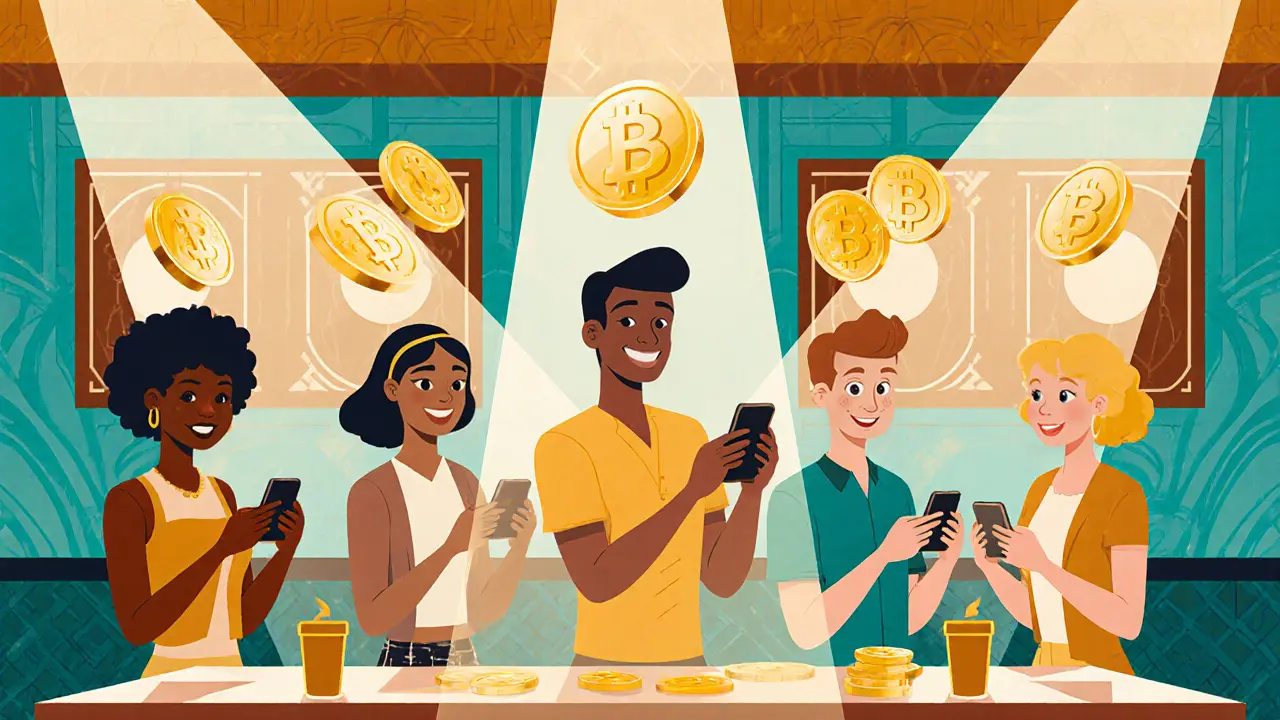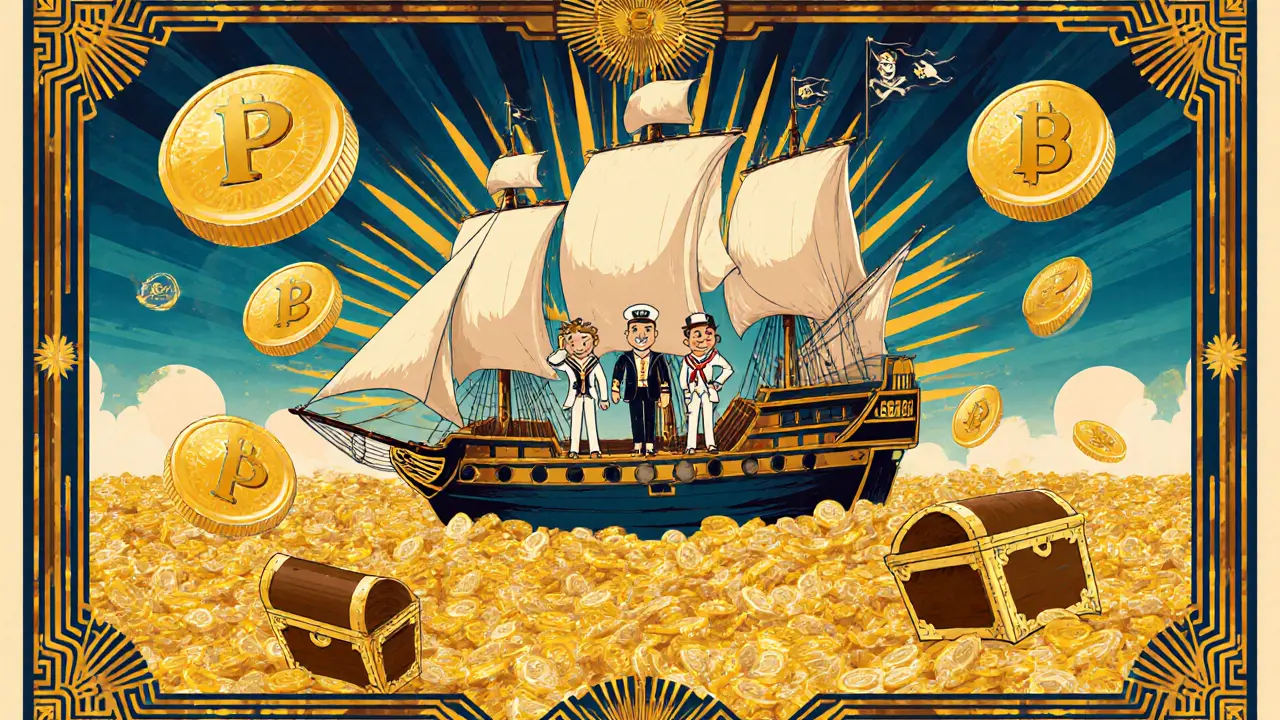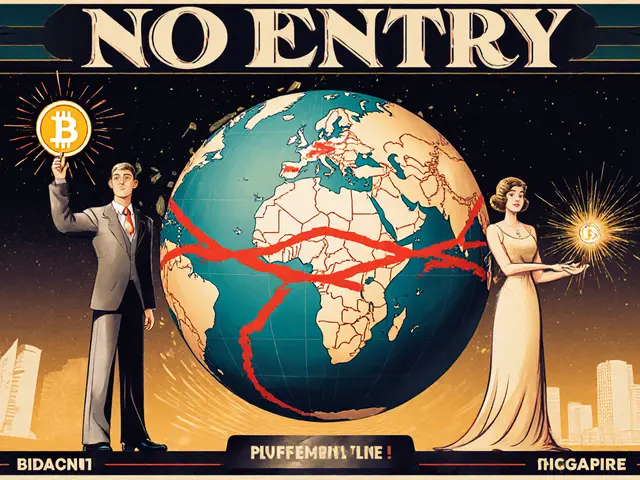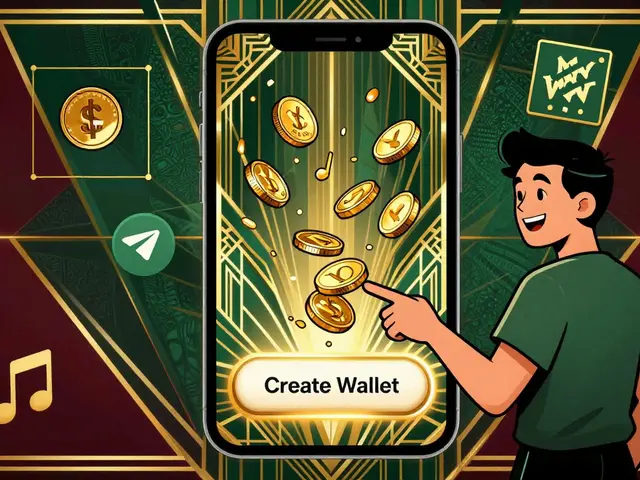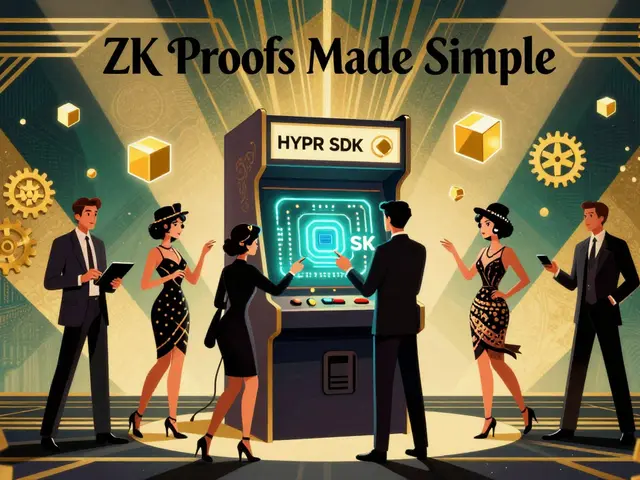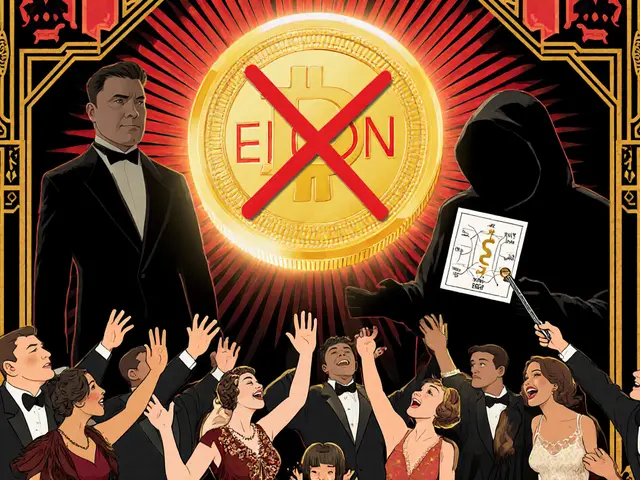Play-to-Earn Crypto: How Games Are Paying You in Digital Tokens
When you hear play-to-earn crypto, a model where players earn cryptocurrency by participating in blockchain-based games. Also known as P2E, it’s not just about gaming—it’s about turning time spent playing into something with real value. Unlike traditional games where you spend money on skins or boosts, play-to-earn lets you earn tokens, NFTs, or in-game assets you can trade, sell, or use across platforms.
This isn’t just theory. Projects like GPTON, a token earned by playing games on the TON blockchain and RyuJin, a community-driven ERC-20 token tied to an ecosystem where gameplay matters show how real this can be. You don’t need to be a pro gamer—you just need to log in, complete tasks, or win matches. But here’s the catch: not all play-to-earn games pay. Many are designed to drain your time, not your wallet. Some tokens crash fast. Others have no real utility beyond the game. That’s why knowing the difference between a working model and a pump-and-dump scheme matters more than ever.
What makes play-to-earn crypto different from old-school online games? It’s ownership. When you earn a rare sword or a digital land parcel in a P2E game, it’s not just a file on a server—it’s a token on a blockchain you control. You can sell it on OpenSea, trade it on a decentralized exchange like Astroport on Injective, a fast, low-fee DEX built for serious traders, or hold it as an asset. But this also means you’re responsible for your own keys, your own security, and your own losses. A bad wallet setup or a phishing site can wipe out your earnings faster than a losing match.
Behind every successful play-to-earn game is a token economy. If too many tokens flood the market, prices crash. If the game gets boring, players leave—and so does the value. That’s why the best projects focus on fun first, rewards second. They build communities, not just token contracts. You’ll find both sides in the posts below: real games that pay, and flashy scams that vanish when the money runs out.
What you’ll find here aren’t hype lists or vague promises. These are real breakdowns of tokens tied to gaming, audits of platforms claiming to pay you, and warnings about the traps most newcomers fall into. Whether you’re trying to make a few dollars on the side or testing the future of digital labor, this collection cuts through the noise. No fluff. Just what works—and what doesn’t.
What is GAMEE (GMEE) Crypto Coin? A Real-World Guide to the Web3 Gaming Token
GAMEE (GMEE) is a crypto token earned by playing casual mobile games on the Arc8 platform. With over 100 million users, it's one of the most widely used Web3 gaming platforms - not because of speculation, but because it actually pays players for their time.
What is Pirate Coin Games (PirateCoin☠)? The Truth Behind the Crypto Game
Pirate Coin Games (PirateCoin☠) is a confusing mix of a fun pirate RPG and a nearly worthless crypto token. Learn why the game works without crypto-but the token doesn't have real value.
